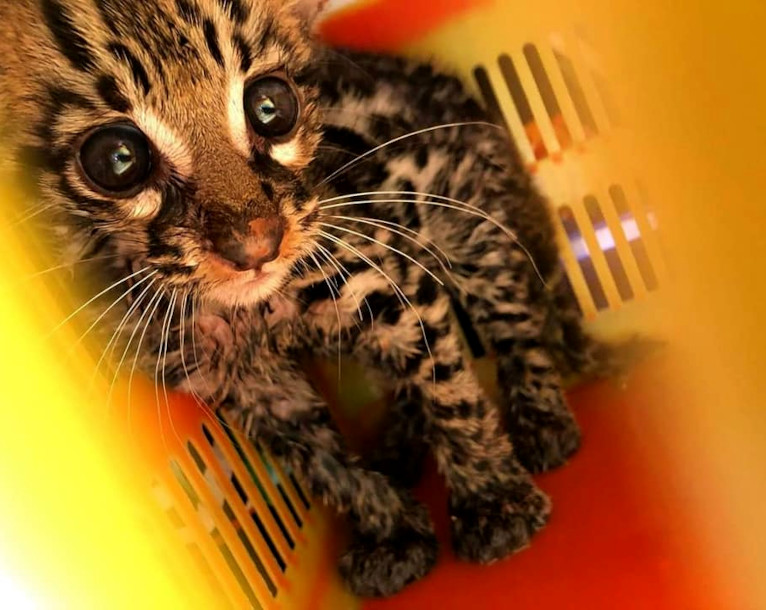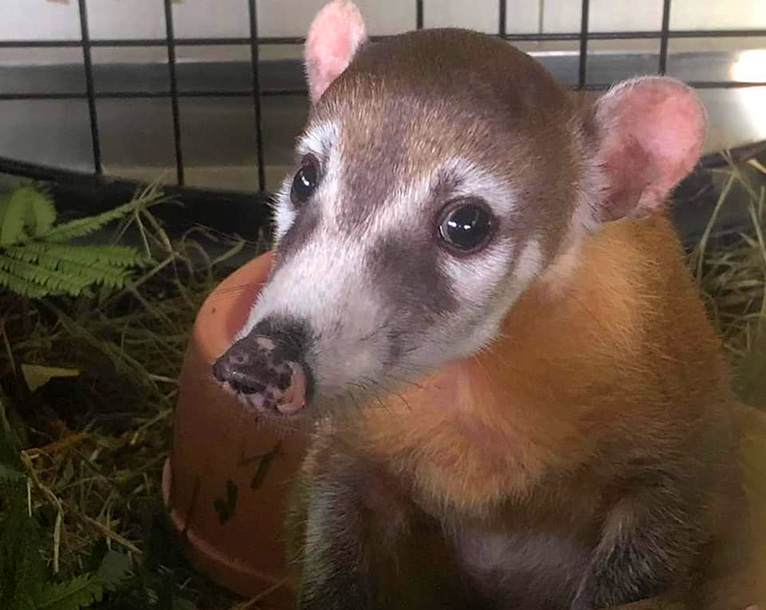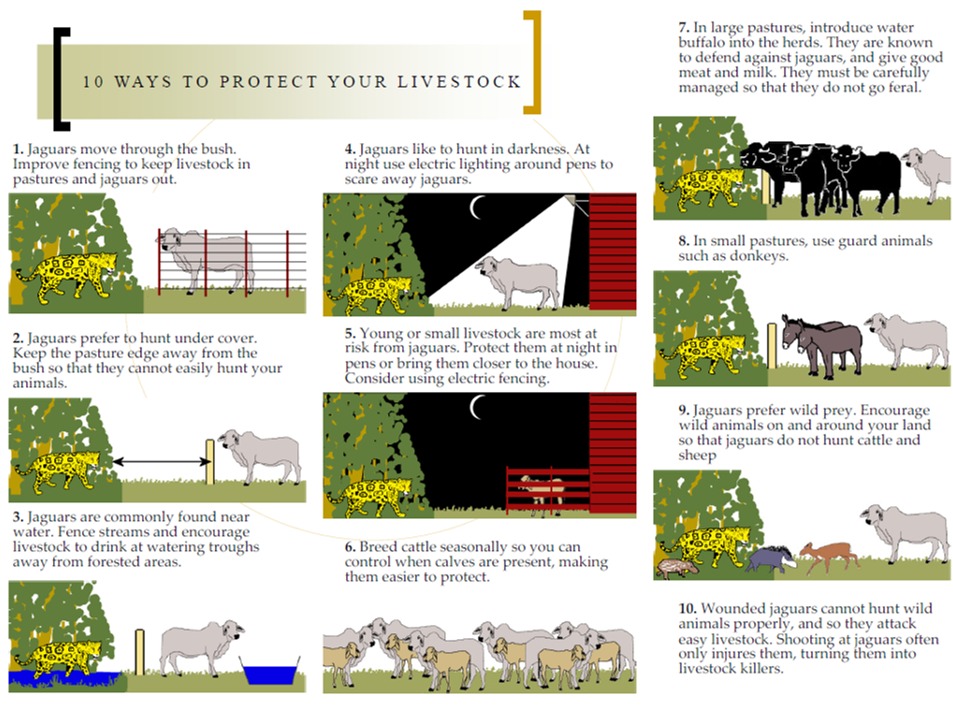Living with Wildlife
Home / Living-with-Wildlife
Belize has long been known for its natural beauty and high biological diversity. Its location in Central America and the Mesoamerican Biodiversity Hotspot contributes to the high levels of biological diversity as it provides habitat for North and South American species. As a result of urban expansion and habitat loss, human interactions with wildlife increase, often leading to human-wildlife conflict.
Human–wildlife conflict occurs when the needs and behavior of wildlife negatively impact humans or when humans negatively affect the needs of wildlife.


Reducing human-wildlife conflict:
- Do not feed wildlife: wildlife have specialized diets and can become malnourished if the wrong foods are being fed. Feeding also leads to health concerns as this increases the incidence of disease transmission to people.
- Properly dispose of garbage: use metal or durable plastic containers with tight lids.
- Keep pet food and water containers indoors, especially at night.
- If you have fruit trees, harvest or dispose of ripe fruits.
- Seal holes and crevices in and around your house. Remember, wildlife can fit in smaller spaces.
- View wildlife at a safe distance.
Human – Jaguar conflict:
Population growth, land use change and deforestation are the main drivers of human- jaguar conflict. Most times, these “problem” jaguars are old, sick and injured jaguars who no longer have the capacity to hunt in the wild. Decreased jaguar health and inadequate farm management increase the incidence of human-jaguar conflict.
Follow the recommendations below to reduce human-jaguar conflict in farms:
- Lights at night: Due to their fear of people, a light will help keep predators away.
- Alarm systems such as donkeys, cowbells, and solar sound systems. Jaguars will be confused when the donkeys approach, rather than retreating.
- Barriers/fencing: Better fencing makes it more difficult for jaguars to enter a pasture and attack animals.
- Corralling livestock: Preventing free-ranging livestock at night minimizes jaguar attacks.
- Seasonal breeding: This makes it difficult for jaguars to target weak animals.
- When slaughtering livestock, properly dispose of carcasses as this may attract jaguars.
Wildlife partners
The Forest Department works closely with wildlife rehabilitation centers throughout the country. These centers offer veterinary and rehabilitation services for rescued and confiscated wildlife. Our Wildlife Partners are:
ACES Wildlife Rescue

Animal Medical Center

Belize Bird Rescue

Belize Raptor Center

Belize Wildlife and Referral Clinic

Animal Medical Center

The Belize Zoo



